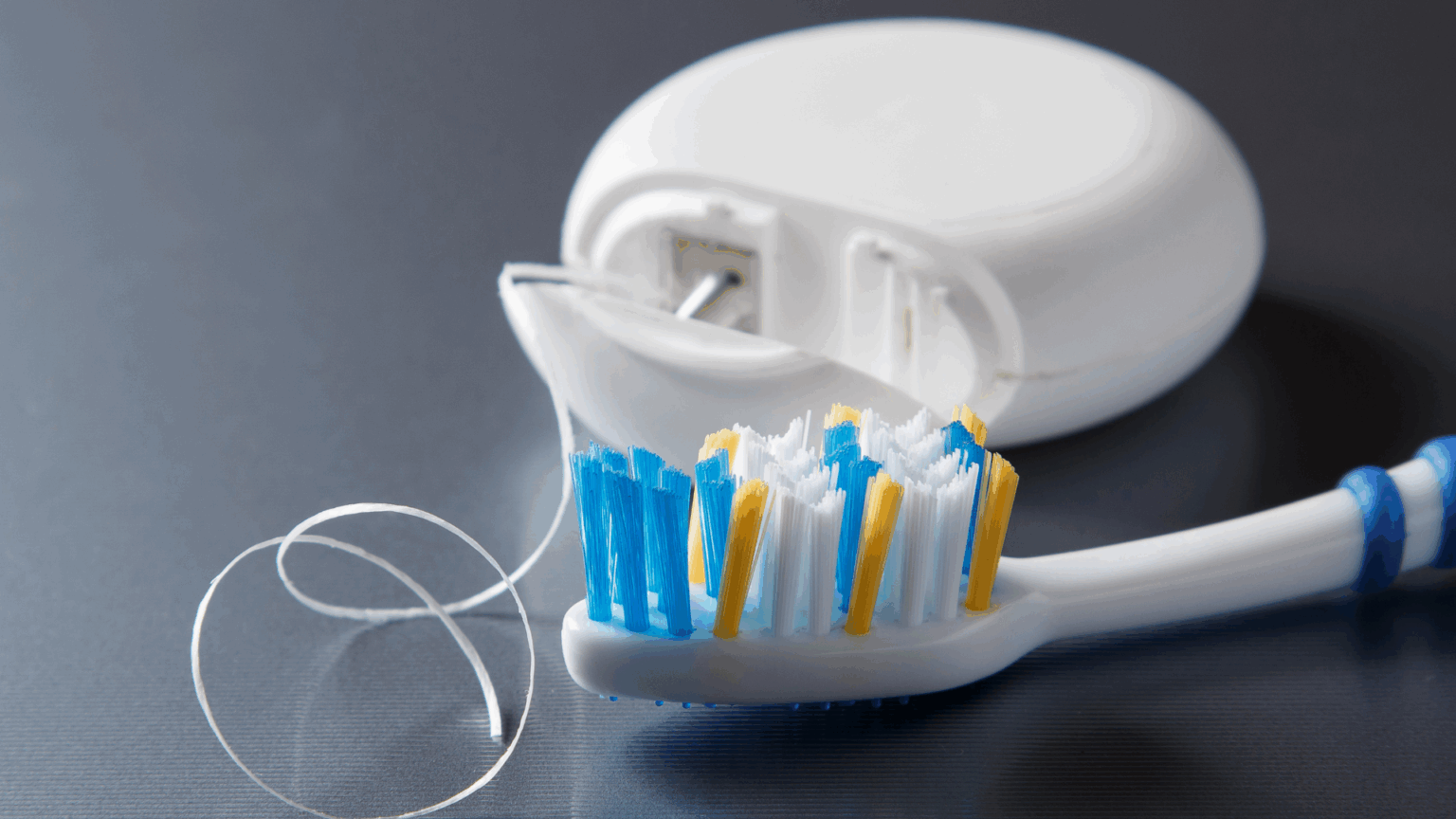You’ve likely been told by your dentist to floss your teeth every day, preferably after your last meal. Flossing, paired with brushing your teeth twice a day, significantly reduces the risk of developing cavities and gum disease. Even with this guidance, many people are reluctant to floss their teeth. In fact, only about one-third of adults floss daily, according to research. But is there an easier way to protect your oral health without the hassle of using string floss? Find out on our newest blog if you can skip string floss and opt for a water flosser instead.
Water flossers vs. String Floss – How do they stack up?
Water flossers have become increasingly popular in recent years. According to a study published in 2013, water flossers are “significantly” more effective than string floss. The results of the study found that water flossers were 29% more effective at removing plaque compared to string floss. However, it is important to note that one of the main contributors to this study was employed by the Waterpik corporation, one of the most popular brands of water flossers. Another study in 2021 was conducted and found that water flossing was just as effective as string flossing, although not “significantly” more effective.
Does this mean that you can replace string floss with a water flosser?
While some studies report that water flossers yield results just as good as string floss, we can’t help but prefer string floss in most cases because string floss is much cheaper to use. String floss removes plaque buildup mechanically by gently scraping along the sides of your teeth and under crowns, bridges, and dental implants.
However, water flossers are great for cleaning around braces or those individuals with dexterity issues. But the best flossing option is the one that you will use every day. So, if you refuse to floss but would be willing to use a water flosser instead, then water floss your teeth! You don’t have to invest in an expensive or fancy water flosser. There are many inexpensive water flossers available that work just as well as the expensive models. You can also shop for one that is listed on the ADA’s approved list of water flossers.
What else can I do to help prevent cavities and gum disease?
Aside from brushing your teeth twice a day, we also recommend visiting the dentist once every six months for a checkup and cleaning. Dental cleanings remove stuck on buildup called tartar. Tartar cannot be removed with floss and a toothbrush. It requires a special tool used by the dental hygienist that then scrapes the buildup off your teeth. Tartar harbors oral bacteria that will erode gum tissue that results in gum disease. Gum disease starts as gingivitis, which is red and inflamed gums that bleed easily. Nearly half of adults in the U.S. have gingivitis and if ignored, it progresses into periodontitis or gum disease. Left untreated, gum disease does lead to tooth loss. Therefore, add flossing to your daily oral hygiene routine, and see the dentist regularly to help keep your teeth and gums in good shape.
Family Dentists in Kingston, Tennessee
Maintaining your oral health has many benefits from fresher breath and whiter teeth to better self-confidence when you smile. Learn more ways of protecting your oral health or schedule an appointment with LakeView Dental Arts today by calling (865) 376-9687.



